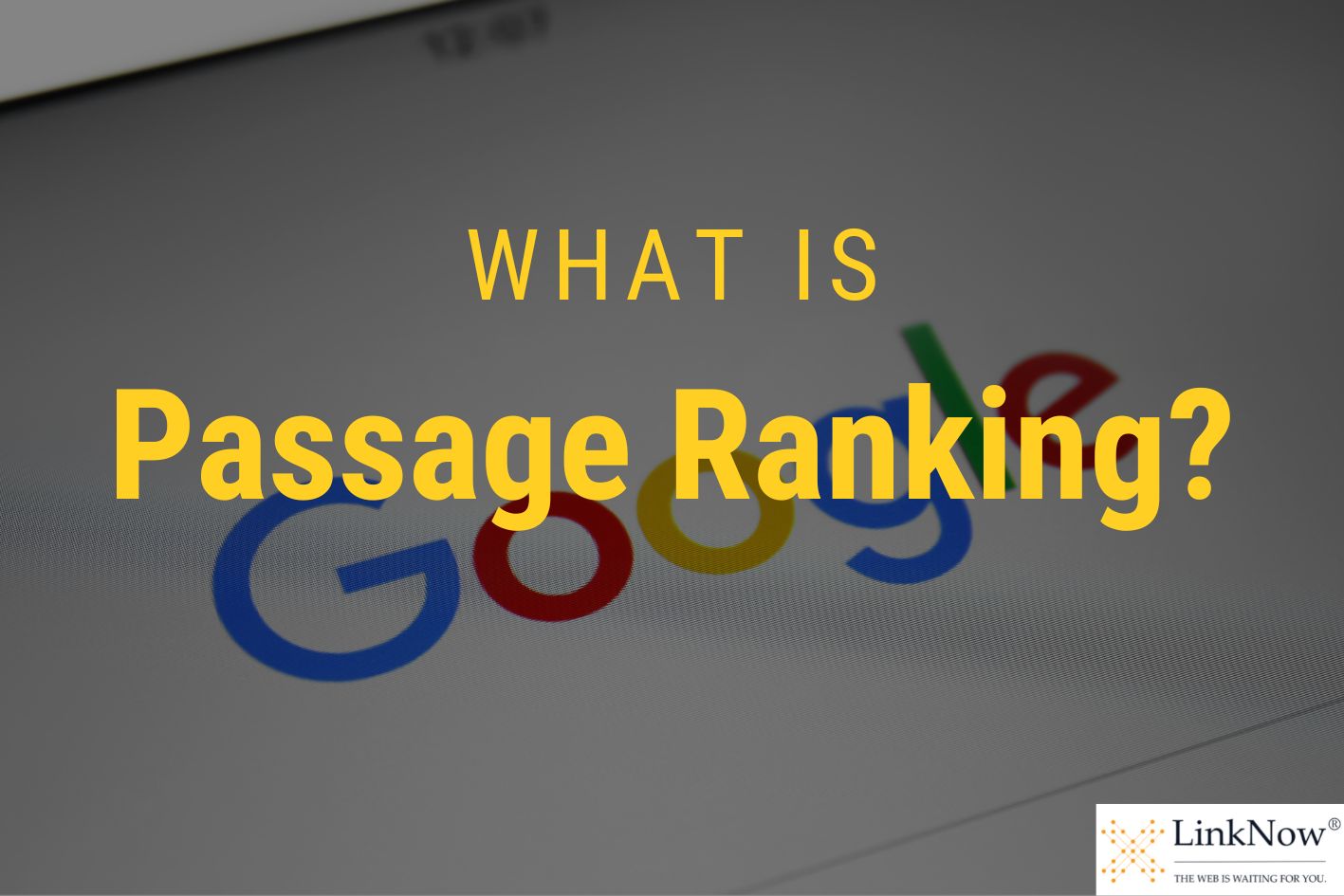
Publishing long-form content has never been more important to ranking well on Google. And the reason?
Google passage ranking: a relatively new (since 2021) feature affecting how Google ranks and indexes web pages.
Today, let's look at what Google passage ranking is, how it works, how you can harness it to improve your content's online rankings.
Let's dive in.
What is Passage Ranking?
Passage ranking (also called passage indexing) is new feature that helps Google understand and contextualize the content of a webpage. It also helps generate better search results for users.
Instead of ranking a whole webpage for a particular keyword, Google now ranks passages from that page according to how relevant they are to said keyword. Passage ranking evaluates certain sections to provide more specific, higher-quality search results for users.
Consider this example. Let's say there's a 5000-word-long page about search engine optimization (SEO). Of the 5000 words, 500 are about choosing keywords.
Prior to passage ranking, this page would likely rank poorly for the search term choosing keywords because it's not the page's main subject. But with passage ranking, Google now evaluates the section on keywords separately, indexing it on its own merits versus other Internet webpages.
Put simply, passage ranking means your pages have a stronger chance of ranking for many more keywords, including keywords beyond the core subject of a page.
Is Passage Ranking the Same as Featured Snippets?
Snippets provide searchers with an immediate and complete answer to short inquiries.
With featured snippets, there is no need to click for more information.
Passage indexing works differently by assessing an entire page’s content to determine if a part of it will answer the question, then delivers SERPS with those results listed.
How Passage Indexing Impacts Search Results
We’ll cut the fat and put it bluntly:
Passage-indexing influences page rank.
With that said, it’s vital to note Google itself has stated that this update will only affect around 7% of sites overall.
E-commerce sites and pages with short-form content that already ranks well will not typically see a significant drop in rank or traffic due to page indexing.
Where does the real value lie? Passage indexing makes it easier for Google to understand long-form content full of the meat and potatoes users want, but which may not be optimized perfectly.
How Does That Work?
Long-form content gains the upper hand and now has a much better chance of ranking for more keywords because Google now uses passage indexing to annotate and independently classify sections of the same page.
This means sites filled with sturdy long-form content could see a significant boost in both rank and traffic.
In implementing these changes, Google shows its preference for helping users find the specific content they’re seeking, even when on-page SEO isn’t ideal.
What We Know About Passage Indexing
While Google is not known for being forthright about how each ranking and indexing factor works, there are a few details we know:
- Google uses BERT and neural nets to decipher content and provide pages with an appropriate rank
- Google is looking to understand the context and meaning of each section of a given page as it crawls and indexes.
- Each page is ranked and scored independently of one another
- Each section of a page can now be ranked and indexed independently
- Passage indexing doesn’t impact which pages google indexes; it affects the ranking for specific pages.
- Long-form content could get a boost in rank and traffic because it can now rank higher for more specific keywords
- Google makes it clear to site owners and content writers that it wants to focus on user experience rather than pleasing Google’s bots.
- Long-tail keywords are a vital source for good passage ranking and are most likely to be the trigger that helps you gain traction in SERPs.
On-page SEO factors that used to help earn higher rank could be reduced in importance in favor of a solid body of informative content.
Keep this in mind when planning your future SEO strategies.
If you have not given long-form content much thought in the past, now is the time to dig in.
Is Passage Indexing Indicative of Future Search Trends?
Artificial intelligence (AI) programs like RankBrain make it possible to understand the context of content rather than rhythmically concentrating on formulaic factors like the density of keywords.
While this may sound similar to the function of RankBrain, there are some fundamental differences.
How are Passage Indexing and RankBrain Different?
RankBrain is a machine-learning–based algorithm Google uses to help process search results. It’s used to determine page relevancy.
Passage indexing is not an algorithm.
It’s just an automated system that interprets lengthy passages of content with the aim of helping Google to get a good feel for what each section is about.
However, it tells us Google is dedicated to using AI to understand page context. In the future, well-optimized pages alone won’t be enough without rich content to support it.
How Incorporating Passage Indexing into Your SEO Strategy Can Be of Benefit
Since long-form content receives the most benefits from passage indexing, it’s a good idea to start incorporating it into your SEO strategy now.
Since there are no existing tools to help you decide if optimizing for passage ranking is right for your business, we suggest focusing on the following:
- Revitalize existing long-form content by giving it fresh links and data resources
- Make good use of keyword dense headings for each section of a body of content so Google can easily acknowledge what your page is about
- Focus on covering as much of your topic as possible when writing long-form content
- Make good use of long-tail keywords and start using them in your longer content pieces now
While you may be keen to get started, we want to give a word of caution against overzealous optimization that could lead to rank loss.
Key Takeaways:
- Passage ranking allows individual passages to rank independently for search terms
- Passage ranking isn't a gigantic shift, but it does significantly benefit long-form content
- Creating comprehensive long-form content will help you take advantage of passage ranking
- Passage ranking is intended to put user experiences first. In 2022 and beyond, let users remain your core focus.
How is your business responding to passage indexing? Are you planning to make any changes? We’d love to hear your thoughts in the comments below.
Need help navigating the world of online marketing? LinkNow is here for you. With over 10,000 clients, we've established ourselves as North America's leading cost-effective digital marketing company. We create content-driven marketing campaigns that let you grow your web presence, build trust with Google, and drive traffic to your site. To schedule a free consultation, call us at 888-667-8187 or email website@linknowmedia.com.

